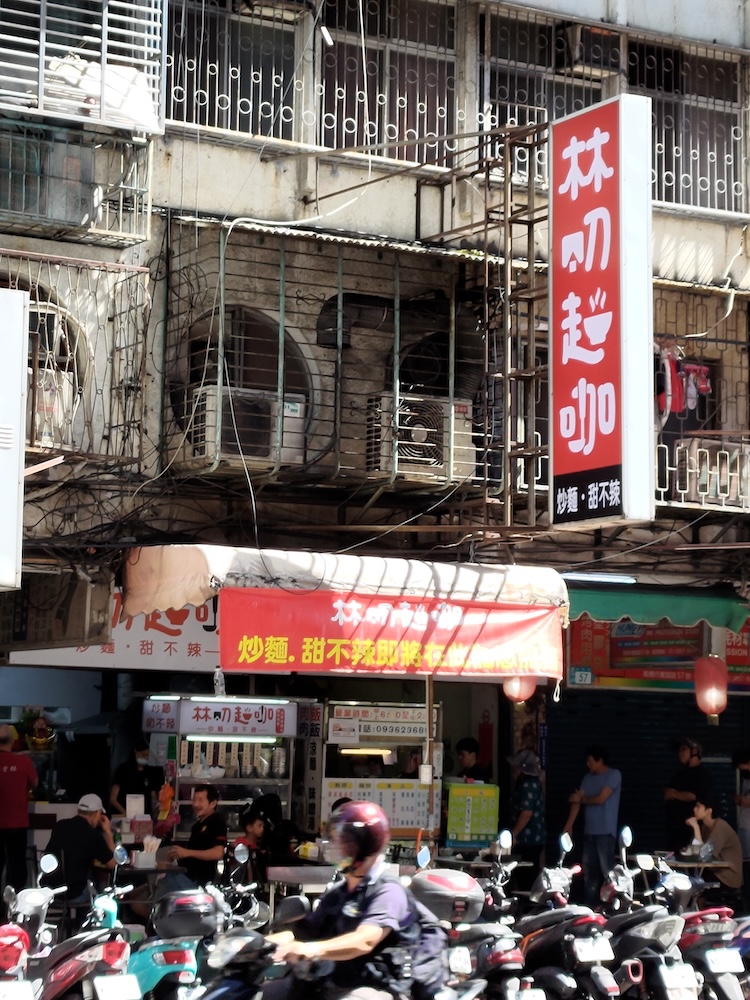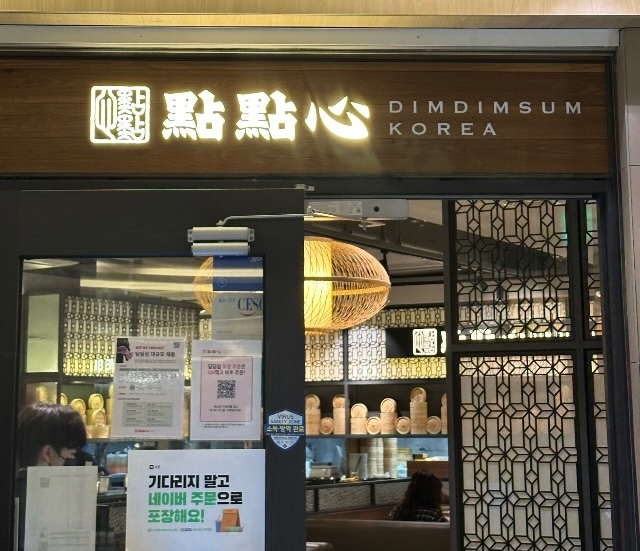Archive for Topolects
Suzhou rap sounds like it has a French accent
From Chas Belov:
Google Translate says that this song is in Suzhou topolect (it actually says "dialect" but thanks to you I know better). But I had to recognize a few words before I could convince myself it wasn't in French (which I also don't know). Later in the song it sounds more Chinese, but the rapper never really loses that French sound. Am I imagining things?
【苏州方言RAP】红中 Zyh 《三十三》PROD BY XVIBE
Read the rest of this entry »
Hiberno-English: it's a soft day
Spending some time in Ireland, I hear people saying "It's a soft day" or "It's a soft day, thank God!". Not knowing what that expression implies, I do a search and find that "A soft day is what the Irish call a very very damp fog or a mizzle, which is a cross between a mist and a drizzle." (source) Mizzle is also the color of a shade of paint. (source)
"Soft day" is a phrase derived from Irish lá bog (lit.) ("overcast day; light drizzle/mist").
That reaction to a moist, overcast day tells you something about the Irish mindset and helps you understand Irish sentiment and humor.
Read the rest of this entry »
The Power of Naming
[This is a guest post by Conal Boyce]
Overview: Here we look at some technical terms and how they’ve fared since their release to, or adoption by, the public: information theory; (TW) the colored quarks of Nambu and Han; cosmic‑ray decay according to Millikan; the Sinitic languages (Mair) vs. ‘the Chinese language’ (misnomer); Wu’s cosmic chirality as the violation of a nonNoetherian principle.
① information theory is the mother of all factoids. Why would one call it that? Because there is no such thing, only the following phantom utterance that is ubiquitous: “Shannon’s information theory.” In 1948, Shannon wrote a paper on the mathematics of data‑communication technology, and named it accordingly. Put off by its name, science journalists introduced it to the world as “information theory.” The name stuck, suggesting in the minds of innocents something so deep and epochal that it might even shed light on Mozart. Shannon 1948 is the big example of how of data and information have been confounded for 3/4 of a century, but it is accompanied by innumerable smaller cases, as when Susskind argues that “in physics we treat them as pretty much the same thing” (paraphrase; details in Appendix A). Here is a rough‑and‑ready demonstration of how different they actually are: “Go.” ←That’s just data, but place it in a context, and a layer of information now “rides on it” (or floats above it, on a different plane) such that this is conveyed: “Go to the store now before it closes”; or this: “Fly now to Hiroshima and drop the bomb.” True, in shop‑talk and hallway conversations, a database developer or data‑comm engineer might toss the terms data and information around as if one believed them to be interchangeable. Then, overheard by someone in the world at large, such casual usage is easily misconstrued, leading astrophysicists to fret in public over the “information” that might be “lost” in a black hole. (As for an actual Theory of Information, we must wait for a superintelligent computer to produce it since that task is far beyond human ability. And once coughed up, it will be so lengthy as to require several lifetimes to read it, and in any case, largely incomprehensible to us.)
Read the rest of this entry »
Affected brogue
Having just come back from two weeks in London and Belfast, this article is particularly germane for me:
"The Irish and Scots Aren’t Fooled by Your Fake Accent: Some cultures are better than others at spotting impostors. The skill could allow them to pick out outsiders trying to infiltrate their groups." By Eric Niiler, WSJ (12'16/24)
I love to hear Scots and Irish speak, although often I cannot understand all that they are saying. Twenty and more years ago, the head circulation librarian at my university had such a mellifluous lilt that I would sometimes check out books when she was on duty just to hear her sweet tongue, but I had no idea which particular variety of Scottish (I think) she was speaking.
Read the rest of this entry »
Biblical and Budai Taiwanese: vernacular, literary; oral, written
[This is a guest post by Denis Mair]
Cai Xutie was a Taiwanese woman who ran a family farm with her husband in a village near Jiayi in central Taiwan. She was a rice farmer and had never attended a public school. After her husband died in middle age, she sold some of the land, moved to Taipei with her children, and bought a modest apartment. Because of economic pressure, she helped to set up a number of revolving credit pools, which were used by economically disadvantaged people in the 1950s and 60s to obtain credit when they couldn't get it from banks.
Read the rest of this entry »
Regional varieties of Cantonese
We have regional varieties of English: Australian, American (with many subvarieties), Indian (South Asian), and so forth. Cantonese is spread all around the world, especially in Southeast Asia, so it is not surprising that it has also developed its own regional variants. In this post, we will concentrate on a comparison of Hong Kong and Malaysian Cantonese.
"Lost in communication: Just because we speak Cantonese doesn’t mean we can understand each other", by Mandy Li, The Hong Konger (16 October 2024)
Mandy Li remembers the first time she worked with a Malaysian colleague:
In Malaysia, a sizeable portion of the population have Cantonese heritage so can speak the language. They also enjoy watching Cantonese dramas. So, when my colleague learned I was from Hong Kong, she naturally switched to Cantonese when speaking to me. I was astonished to find that I could not understand everything she said.
Read the rest of this entry »
Store sign in Taiwanese
Sign for a store that just opened in Mark Swofford's neighborhood in Banqiao, New Taipei City:
Read the rest of this entry »
German linguist Möllendorff and the earliest recordings of Chinese
"UCSB Library Acquires Rare Chinese Language Audio Cylinder Recordings", UCSB Library Newsletter (September, 2024)
The UC Santa Barbara Library is excited to announce the recent acquisition of the Paul Georg von Möllendorff Chinese Cylinders, a collection of wax cylinders widely considered to be the first audio recordings from China. The cylinders, recorded in the late 1800s by linguist Möllendorff, contain sixteen recitations of a popular, celebrated poem "Returning Home"' by Tao Yuanming. Möllendorff recorded the poem in various Chinese dialects to document the differences in regional languages at the time. Today, the cylinders provide a rare glimpse into the history of Chinese language and include dialects that are considered critically endangered or extinct.
Read the rest of this entry »

